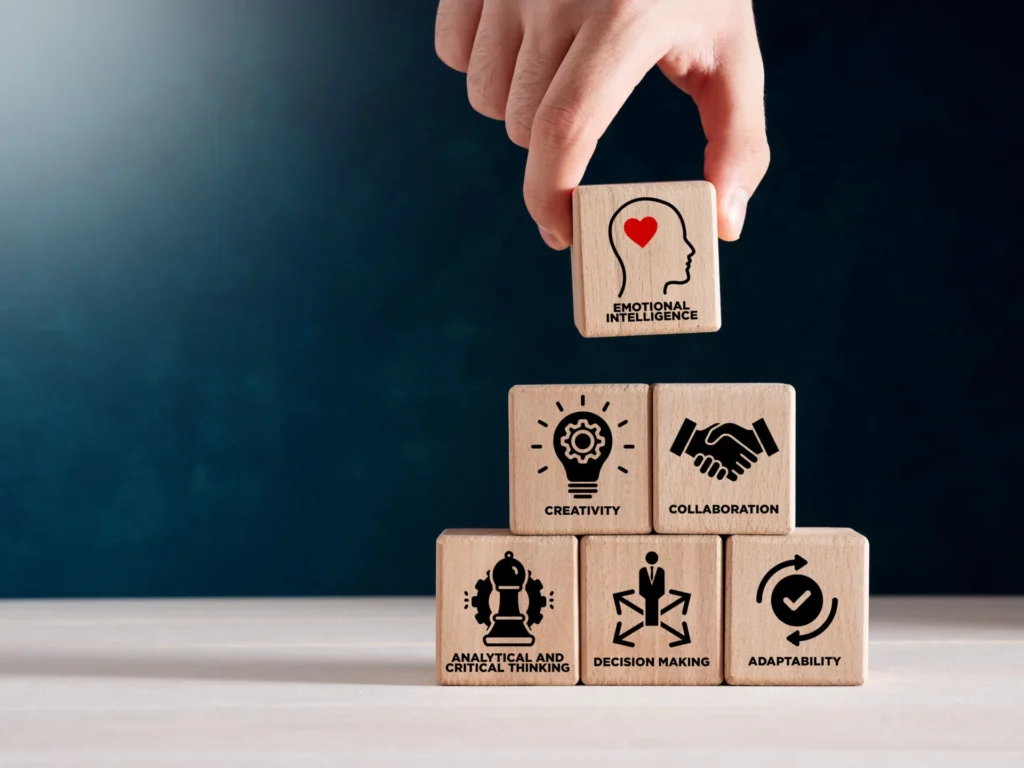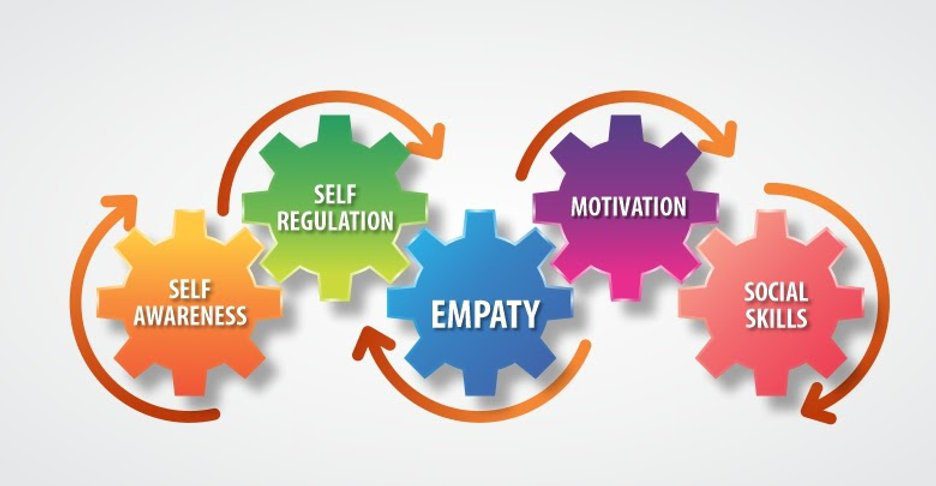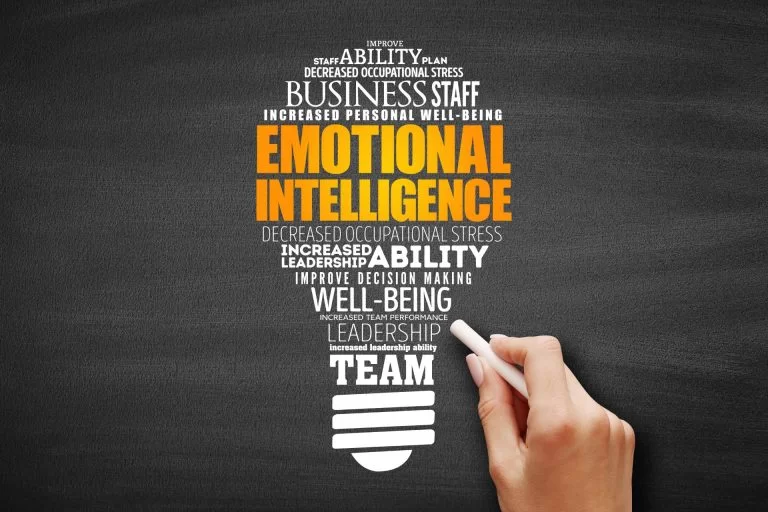Introduction:
Welcome to the realm of emotional intelligence, a captivating aspect of the intricate dance between our minds and bodies. In this introductory exploration, we embark on a journey to understand the profound impact of emotional intelligence, a cornerstone in the intricate architecture of our mental and physical well-being.
What will you learn here:
What is Emotional Intelligence (EI)?

“EI” typically refers to “Emotional Intelligence.” Emotional Intelligence is a set of skills and abilities that involve understanding, managing, and effectively using one’s own emotions, as well as recognizing and influencing the emotions of others As we explore the dimensions of self-awareness, self-regulation, motivation, empathy, and social skills, we unravel the threads that weave the intricate tapestry of our mental and physical states.
Setting the Stage for Deeper Understanding:
Consider this blog as the overture to a symphony of insights awaiting you. In the upcoming blogs, we will delve into the individual notes of emotional intelligence, examining how each contributes to the resonance of a well-lived life. From self-reflection practices that amplify self-awareness to the dance of empathy that connects us with the world around us, each note will be explored in detail, enriching our understanding of the mind and body connection.
Why Does it Matter?

Before we conclude this introduction, ponder the significance of this exploration. Why does understanding EI matter in the grand tapestry of our lives? The answer lies in the promise of a more harmonious existence – a life where the mind and body move in synchrony, each step guided by the wisdom of emotional intelligence.
In a nutshell, Emotional Intelligence involves the ability to navigate and interpret emotions—both our own and those of others—in a way that enhances relationships, communication, and overall well-being. It’s a critical aspect of personal and social development, impacting various aspects of life, from interpersonal relationships to professional success.
The Five Components of Emotional Intelligence:

1. Self-awareness:
Self-awareness is the foundation of emotional intelligence. It’s about recognizing and understanding our own emotions. Picture it as the spotlight on the dance floor, revealing every step and nuance. The more aware we are of our emotions, the more gracefully we can navigate the dance of life.
2. Self-regulation:
Imagine a skilled dancer maintaining perfect balance through intricate movements. That’s self-regulation in the realm of emotional intelligence. It’s the ability to manage and control our emotions, ensuring that our responses are in harmony with the music, even in the face of challenging tunes.
3. Motivation:
Motivation is the driving force behind the dance. It’s the energy that propels us forward, the rhythm that keeps us moving. In the context of emotional intelligence, motivation is the internal drive that sustains us through the highs and lows, contributing to resilience and long-term success.
4. Empathy:
The dance of life is not a solo performance; it’s a duet with the world around us. Empathy is the partner that allows us to understand and share the feelings of others. It enhances our ability to connect, fostering deeper and more meaningful relationships.
5. Social Skills:
The grand finale of the dance is marked by social skills. Effective communication, teamwork, and conflict resolution are the elegant moves that conclude the performance. Social skills in emotional intelligence empower us to navigate the intricate patterns of human interaction with finesse.
Cultivating Emotional Intelligence:

1. Self-reflection:
In the quiet moments between the dance steps, engage in self-reflection. Journaling, mindfulness practices, or simply pausing to ponder the day’s emotional landscape can enhance self-awareness, the cornerstone of EI.
2. Active Listening:
Like a dance partner responding to every subtle cue, active listening is a key skill in developing empathy. It involves not only hearing words but also understanding the emotions behind them. Practice being fully present in conversations, allowing the music of emotions to guide your responses.
3. Continuous Learning:
The dance of EI is a lifelong journey. Cultivate a mindset of continuous learning, seeking out books, courses, and resources that deepen your understanding. Embrace the evolving nature of emotional intelligence and be open to refining your moves as you grow.
Conclusion:
As we wrap up this introductory exploration of emotional intelligence, take a moment to appreciate the intricate dance between mind and body. EI serves as the choreographer, guiding each step with wisdom and finesse. In the upcoming blogs, we’ll immerse ourselves in the details of each component, unlocking the secrets to a more mindful and fulfilling life.
Closing Thoughts:
The curtain has risen, and the stage is set for the exploration of emotional intelligence in the context of our mind and body. Let the dance continue, and may the music of emotional intelligence guide your steps toward a harmonious existence. Stay tuned for the upcoming blogs that will unravel the deeper layers of this captivating dance, enriching your understanding and empowering you to lead a life in tune with the symphony of emotions.







